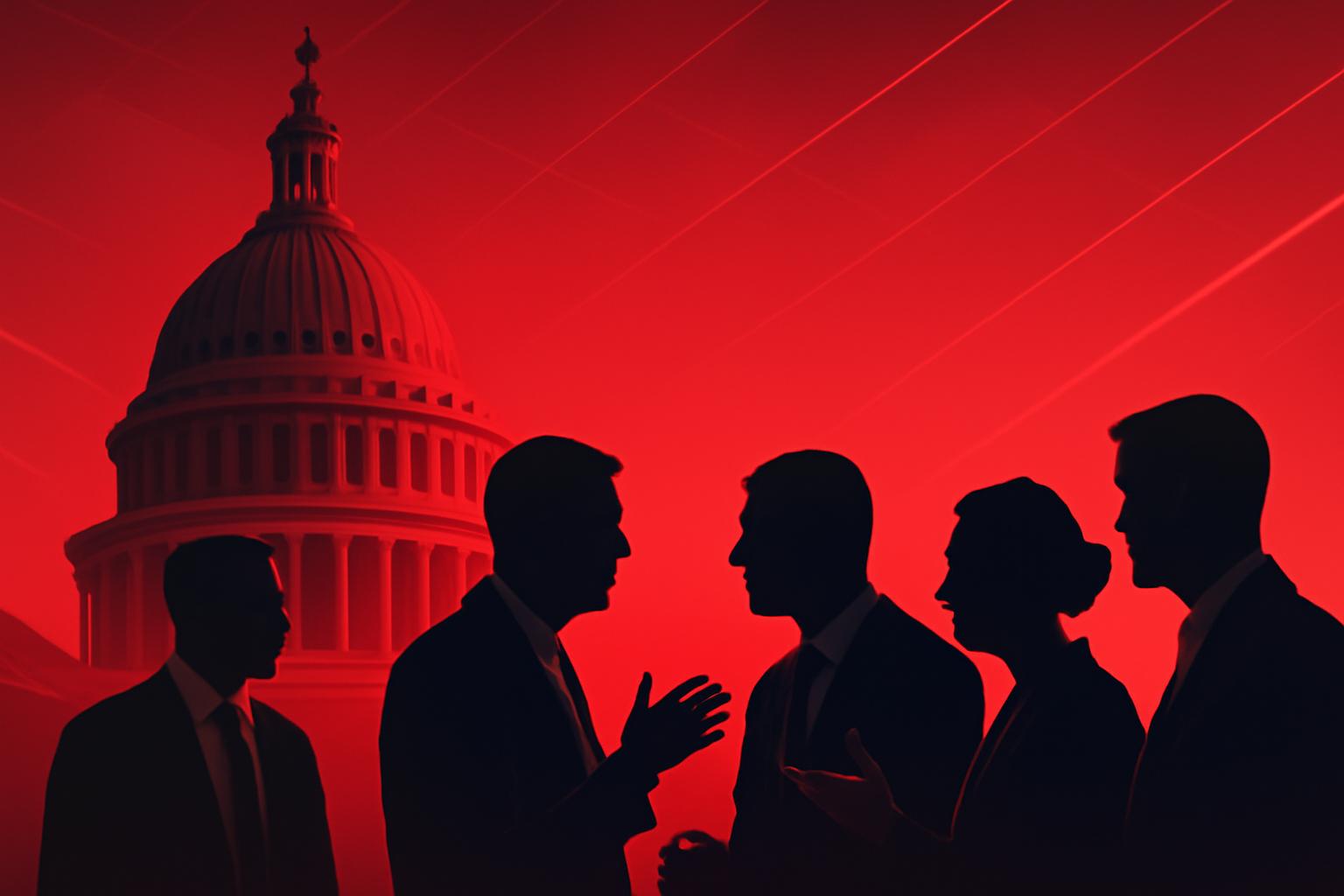Democrats Dig In on Health Care as Government Shutdown Deadline Nears
With the federal government funding set to expire on September 30, 2025, congressional Democrats are intensifying their demands for health care provisions to be included in any stopgap funding legislation. Senate Democratic Leader Chuck Schumer and House Democratic Leader Hakeem Jeffries have made clear they will not back GOP-led bills unless they extend critical health care benefits.
Key Health Care Provisions at the Center of Negotiations
Democrats are specifically pushing for the extension of Affordable Care Act (ACA) premium tax credits, which are currently scheduled to expire at the end of 2025. According to the Kaiser Family Foundation (KFF), the elimination of these credits could cause average insurance premiums to surge by approximately 75%, impacting millions of Americans who rely on ACA marketplace plans.
In addition to preserving the ACA tax credits, Democrats are demanding a reversal of Medicaid cuts included in the so-called “One, Big Beautiful Bill,” which has drawn significant criticism from their party.
Partisan Standoff Heightens Shutdown Risks
The firm Democratic stance sets the stage for a contentious battle with Republicans. While the House GOP majority could theoretically pass funding legislation without Democratic support, the Senate’s narrow Republican majority requires some Democratic votes to avoid a shutdown.
In contrast to March 2025, when Schumer joined Republicans to avert a shutdown and faced backlash from his party, Democratic leaders now appear resolute in leveraging their position ahead of the 2026 midterm elections.
Republican leaders, including President Donald Trump and Senate Majority Leader John Thune, have dismissed Democratic demands. Trump criticized Democrats on Fox News, accusing them of wanting to “destroy the country” with their spending requests. Thune accused Democrats of seeking a confrontation without sufficient cause.
Outlook as the Deadline Approaches
With less than three weeks remaining before government funding expires, congressional leaders are under pressure to negotiate a temporary funding measure. However, the entrenched positions on both sides suggest that reaching even a short-term agreement will be difficult.
As the clock ticks down, the risk of a government shutdown remains elevated, with significant implications for federal operations and health care coverage for millions of Americans.
FinOracleAI — Market View
The firm standoff over health care provisions amid the looming government shutdown deadline introduces uncertainty that could unsettle markets in the short term. The potential expiration of ACA tax credits threatens to increase health insurance costs substantially, which could impact consumer spending and healthcare sector valuations.
Political brinkmanship raises the risk of a shutdown, which historically dampens investor sentiment. Key factors to monitor include any bipartisan movement in the Senate and statements from party leadership signaling compromise or escalation.
Impact: negative













